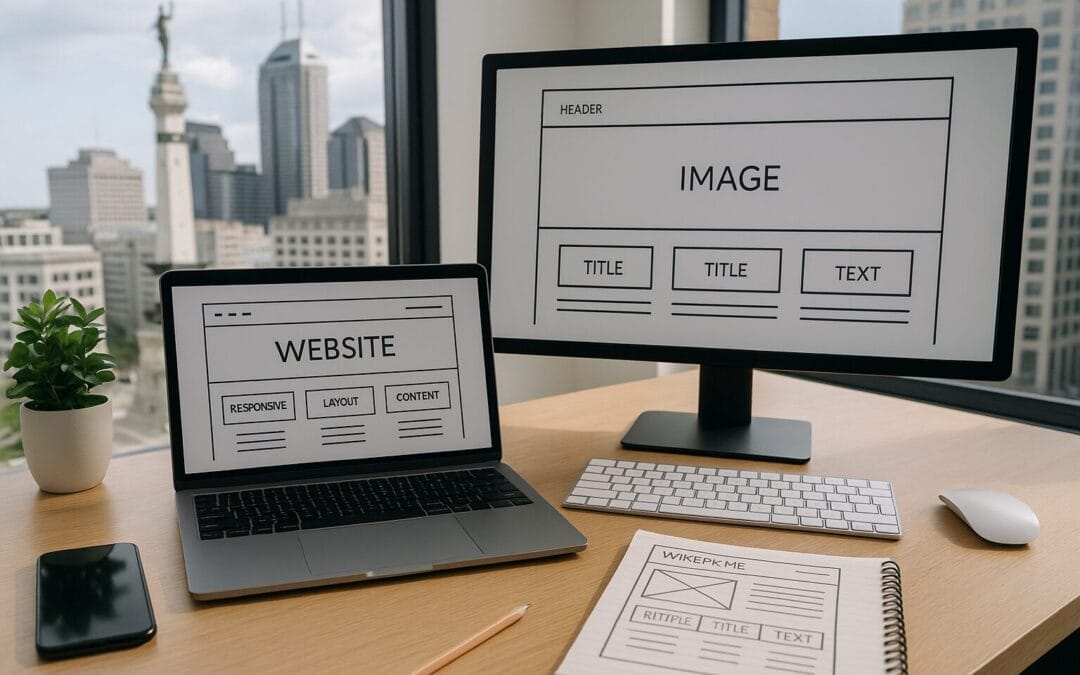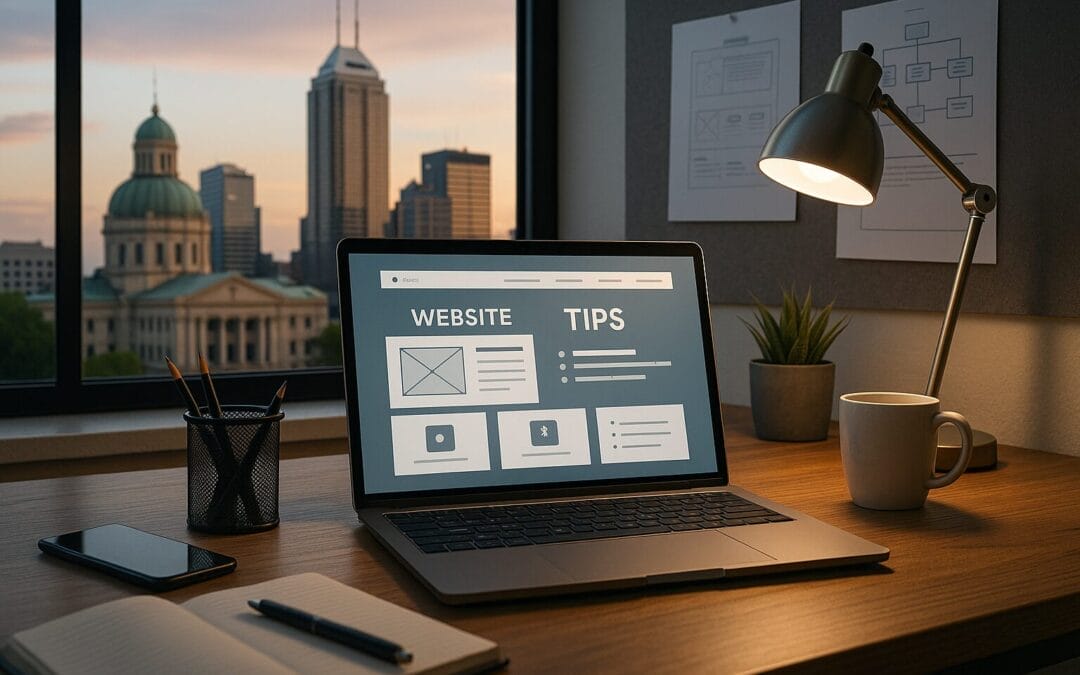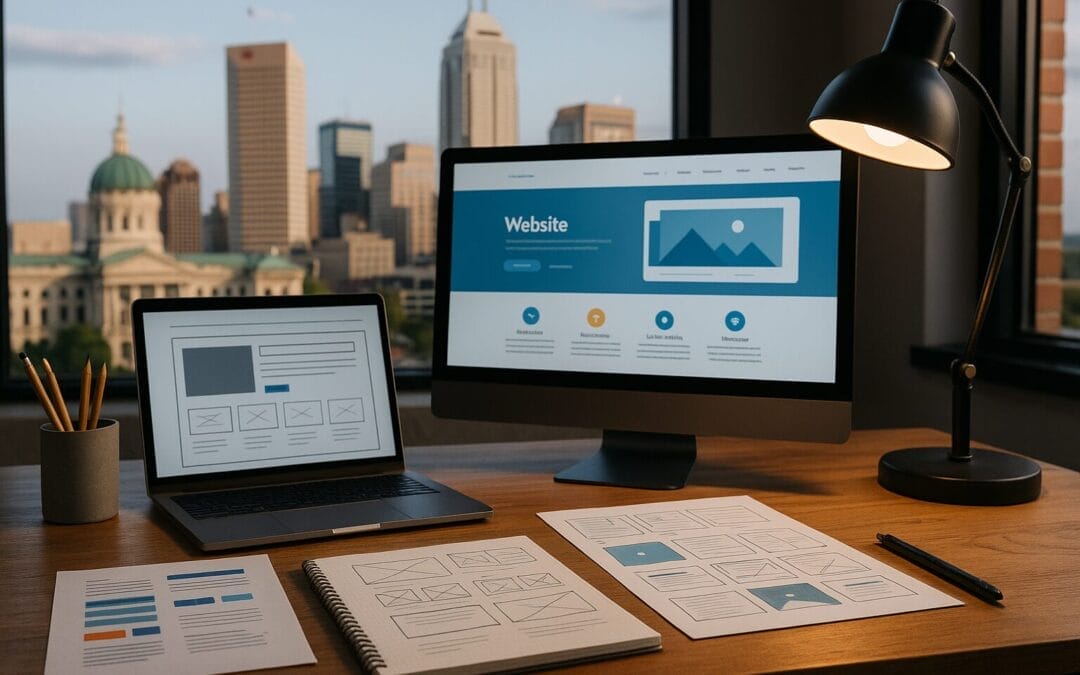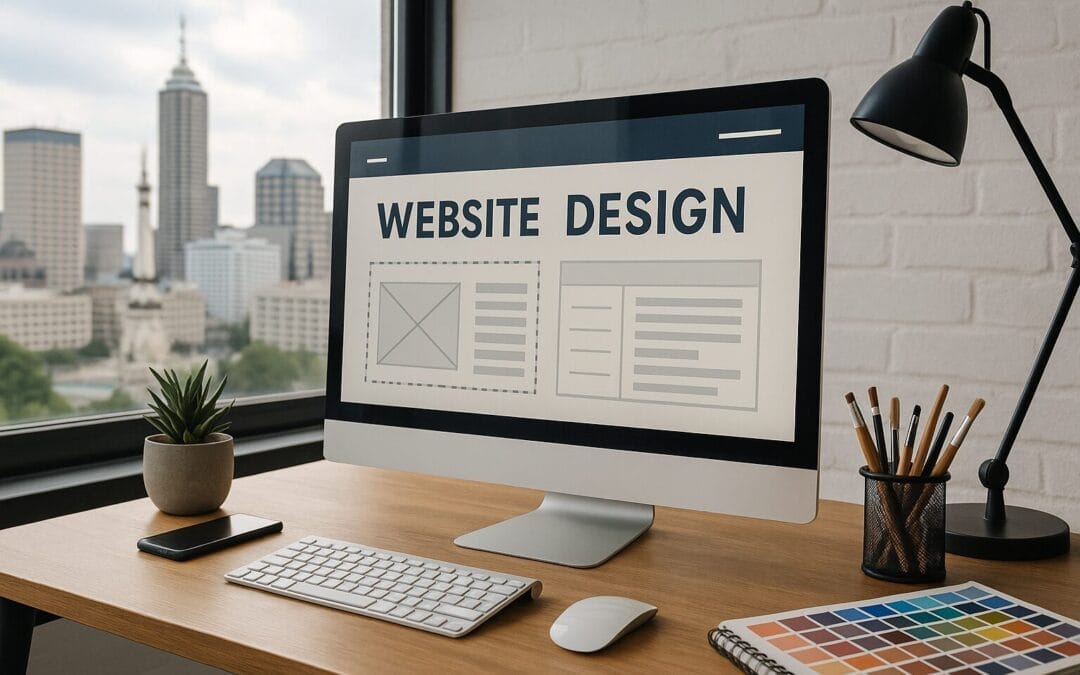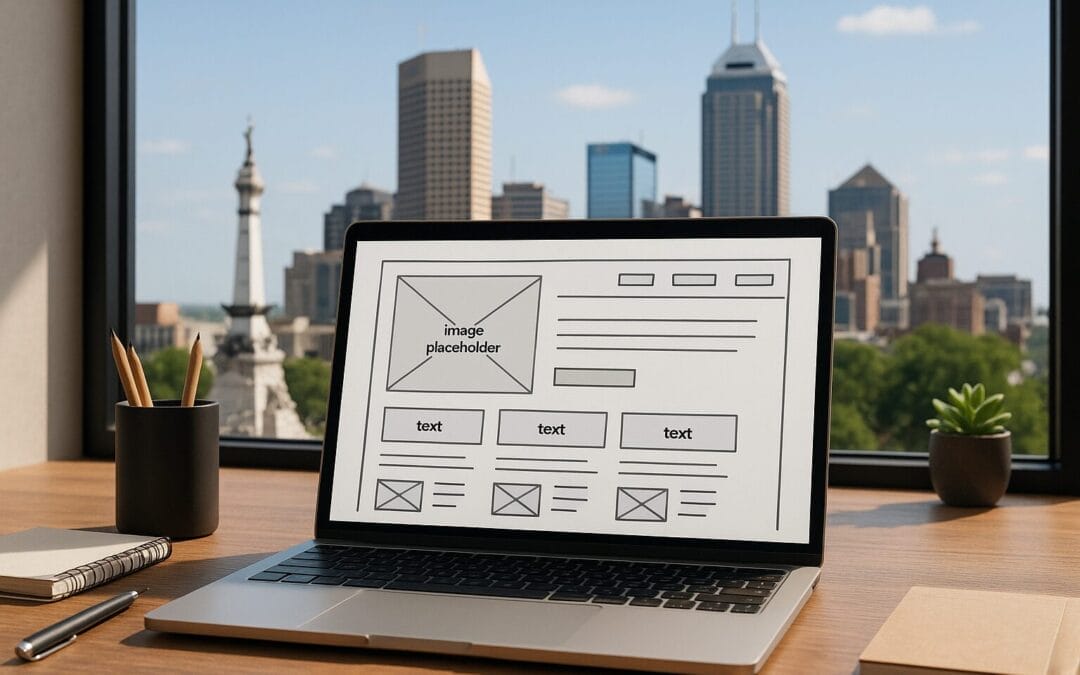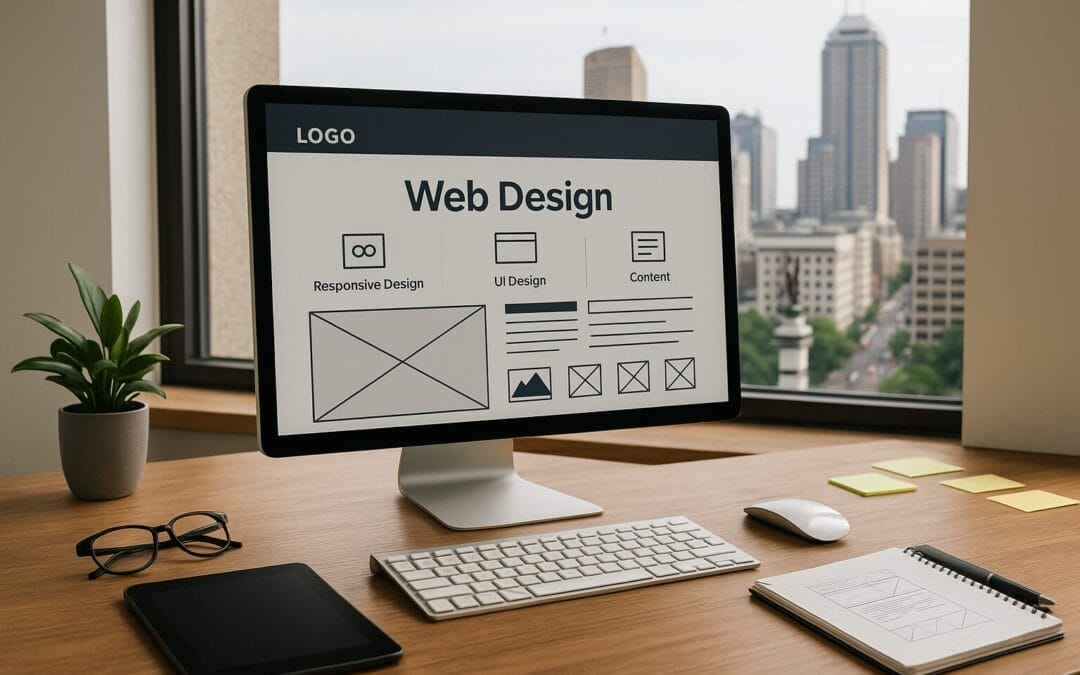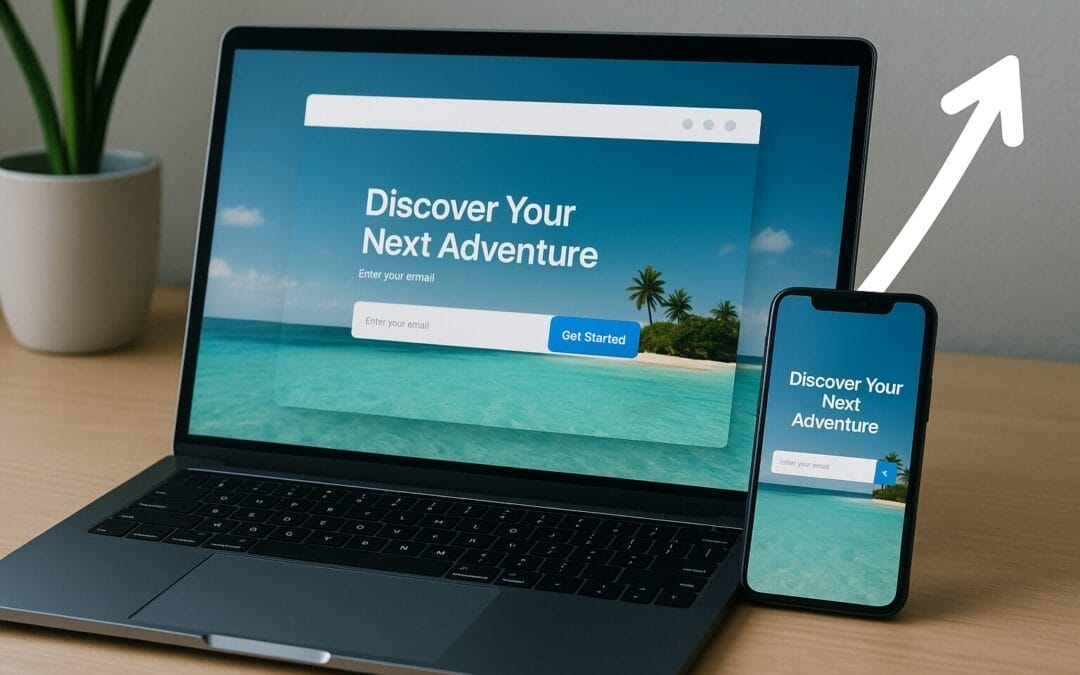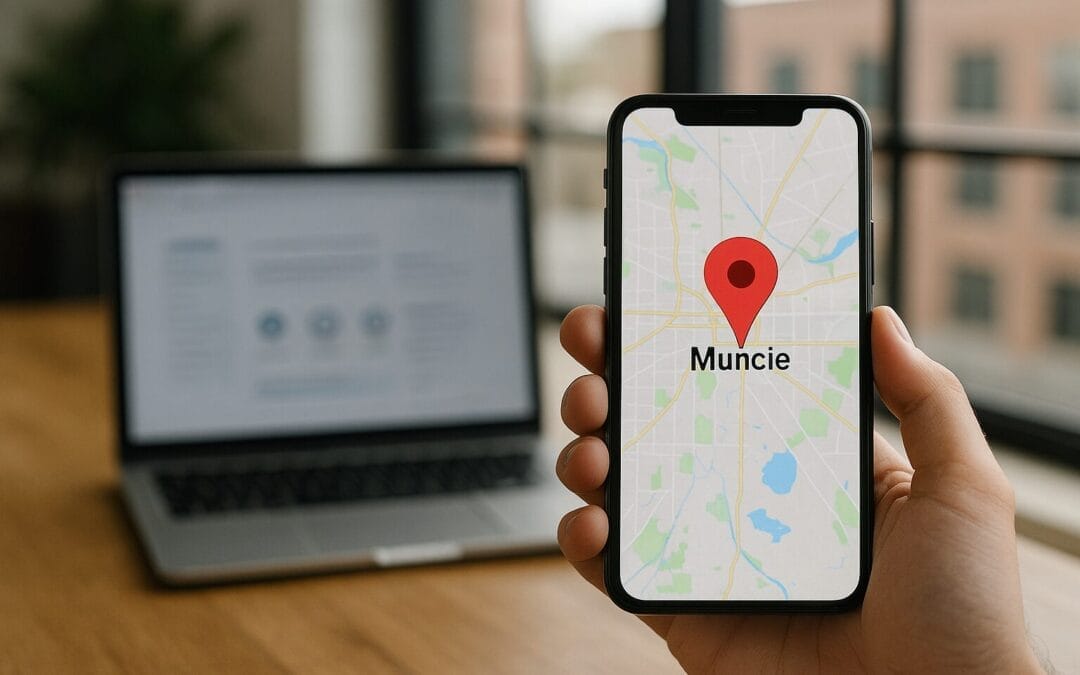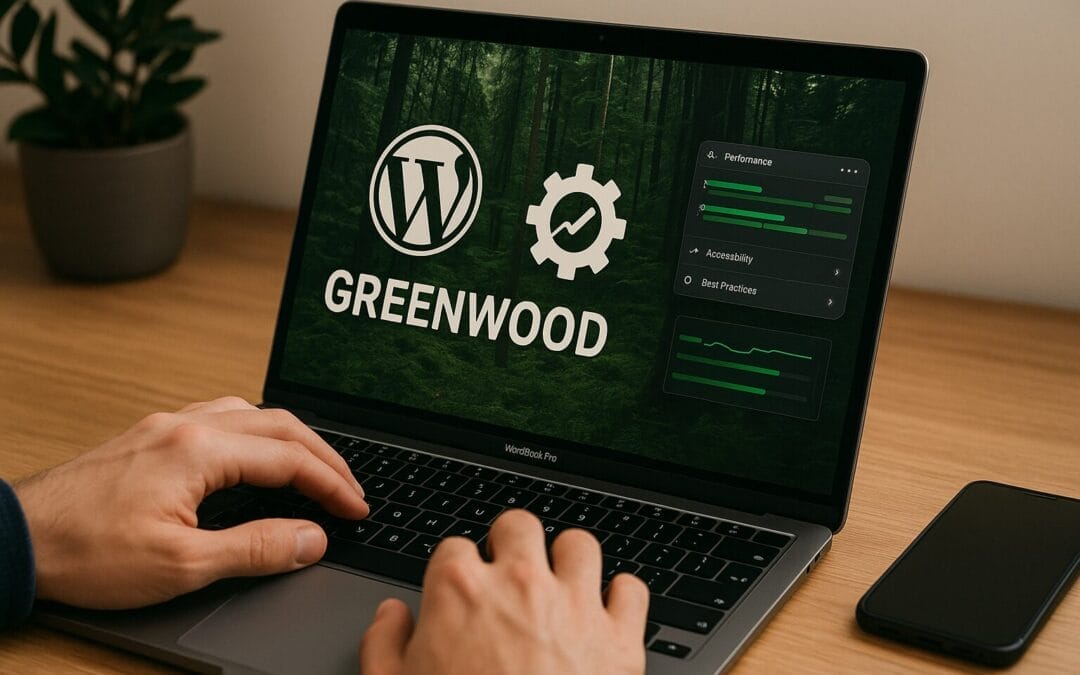Introduction
In today’s digital age, the ability to create a website isn’t confined to the realm of tech-savvy individuals or high-budget enterprises. With the advent of website builders, small businesses can easily establish an online presence without breaking the bank. But with so many options available, it’s crucial to weigh the pros and cons of website builders before diving in. Are these tools truly a boon for small businesses, or do they come with limitations that could stifle growth? Let’s explore this together!
What is a Website Builder?
Imagine building a puzzle where each piece is intuitive and fits together seamlessly. Website builders operate similarly; they allow you to construct a website without needing to know any coding languages or design principles. These platforms come equipped with user-friendly interfaces, templates, and drag-and-drop functionalities, enabling users to piece together their online presence effortlessly.
The Pros of Using Website Builders
1. Ease of Use
Have you ever tried to assemble IKEA furniture without the instruction booklet? It’s a headache we all wish to avoid. Website builders simplify the process of creating a website, presenting everything you need through a simple, guided experience. You don’t need to be a tech whiz; anyone can jump in!
2. Cost-Effectiveness
Running a small business often comes with tight budgets. Hiring a web developer or designer can wreak havoc on your finances, but most website builders offer affordable pricing plans. It’s like getting a gourmet meal without the Michelin-star price tag—you’re still getting something great for less!
3. Customizable Templates
Think of templates like the canvas of an artist. Website builders provide you with countless templates that can be tailored to reflect your brand’s unique identity. Whether you’re a florist, a photographer, or a coffee shop owner, there’s a template that fits your vibe perfectly.
4. Quick Setup
Speed is essential in the business world. With website builders, you can have your site up and running within hours rather than weeks or months. It’s like ordering a fast-food meal instead of a sit-down dinner—quicker, easier, and still satisfying.
5. Integrated Features
Imagine buying a Swiss Army knife—it has everything you need in one compact tool. Many website builders come equipped with integrated features like SEO tools, e-commerce functionalities, blogging platforms, and even analytics. All these features help streamline your efforts into one platform!
6. Mobile Responsiveness
In an era where everyone is glued to their smartphones, having a mobile-responsive website is non-negotiable. Most website builders automatically optimize your site for mobile devices, ensuring your audience accesses a great experience regardless of where they browse. It’s like adapting your offerings to serve customers both at your physical location and online!
The Cons of Using Website Builders
1. Limited Design Flexibility
While templates are fantastic, they’re like a beautiful dress that fits perfectly—until everyone else starts wearing it too. Website builders can limit your design flexibility, making it challenging to create a truly unique website. If you want to create something one-of-a-kind, you might find the constraints frustrating.
2. Performance Issues
Ever noticed how some fast-food places get your order wrong? The same thing can happen with website builders. Sometimes, these platforms can suffer from slower load times or unresponsive features due to their all-in-one nature. While they’re convenient, they may not always offer peak performance.
3. Scalability Challenges
Imagine starting with a tiny plant in a small pot. As it grows, it needs more space. With website builders, you might find scalability limitations as your business expands. Some platforms may charge you for additional features or limit your usage to ensure you don’t outgrow them.
4. Ownership and Control Issues
Using a website builder is a bit like renting an apartment—the space might look nice, but you don’t really own it. Many website builders have terms and conditions that restrict how much control you have over your content and website. If you decide to move or switch platforms, transferring your content can be tricky.
5. SEO Limitations
You’ve heard the saying, “out of sight, out of mind.” A beautifully designed website won’t do you any good if people can’t find it. While some website builders offer SEO tools, they may not be as robust or comprehensive as those provided by standalone platforms. If visibility is your goal, you’ll need to research which builders really excel in this area.
6. Customer Support Variability
Think of customer support as a lifeline—something you lean on when things get tough. While some website builders provide stellar support, others can leave you hanging, with response times that feel like black holes. If you run into issues, the lack of quality support can be disheartening.
Choosing the Right Website Builder for Your Small Business
1. Assess Your Business Needs
Before jumping in, consider the purpose of your website. Are you looking to sell products, showcase a portfolio, or share your story? Mapping out your goals will determine which website builder is right for you. This is like preparing a shopping list before hitting the grocery store—you want to ensure you get what you truly need!
2. Evaluate Your Budget
We all want to get the best value for our money; after all, who wants to overpay? Take time to review subscription plans of various website builders, comparing features and prices. Look for hidden costs like transaction fees, renewal rates, or premium add-ons that may affect your budget.
3. Research Customer Support Options
When the going gets tough, you want to know someone’s got your back. Before settling on a website builder, dig into user reviews regarding customer support experiences. Ranking support quality can save you headaches down the line when issues arise.
4. Test Drive Your Options
Like test-driving a car, some website builders offer free trials that let you explore their features before committing. Use this time to get familiar with the interface and see if it aligns with your ease-of-use expectations.
Success Stories: Small Businesses Thriving with Website Builders
1. Local Bakery Dreams Realized
Meet Sarah, who runs a charming bakery in a little town. With a limited budget, she opted for a website builder that allowed her to set up a basic e-commerce site. Within a few months, her online orders doubled! Sarah realized that people could order cakes for special occasions without a visit to the physical store—talk about a sweet success!
2. Freelance Photography Career Soars
Tom, a freelance photographer, used a website builder to showcase his stunning portfolio. As he easily personalized his template to reflect his artistic style, he started getting inquiries almost overnight. His website became a critical part of his marketing strategy, leading him to land big contracts with brands. Who knew creating a website could open such doors?
3. Coaching Business Expansion
Linda, a life coach, turned to a website builder to establish her online presence. By utilizing integrated marketing tools offered, she managed to reach a global audience. With an engaging blog and e-book sales, her business grew significantly, proving that website builders can indeed level the playing field for small enterprises.
Conclusion
As we’ve delved into the pros and cons of website builders, it’s clear that these tools are a double-edged sword. They offer accessibility, cost-effectiveness, and ease of use that can empower small businesses. However, their limitations in design flexibility, scalability, and sometimes SEO performance deserve careful consideration. The best approach is to assess what matters most for your business and do your homework before making a commitment. By doing so, you can turn your website from a simple online presence into your business’s most powerful asset!
FAQs
- What is the average cost of using a website builder?
Website builders typically range from free options with limited features to monthly subscriptions around $20 to $300, depending on the functionalities you need.
- Can I switch from one website builder to another?
Yes, but switching can be complicated. You’ll need to carefully export your content and reformat it for the new platform, and not all builders offer seamless transitions.
- Are website builders good for e-commerce?
Yes! Many website builders come equipped with e-commerce features, allowing you to sell products online, set up secure payments, and manage inventory.
- Will a website builder affect my site’s SEO?
It can. Some builders offer built-in SEO tools, but if you’re serious about optimizing your site, it’s essential to choose one that excels in this area.
- Do I need a domain name when using a website builder?
While many website builders provide a free subdomain, purchasing a custom domain name is advisable for establishing a professional online presence.

